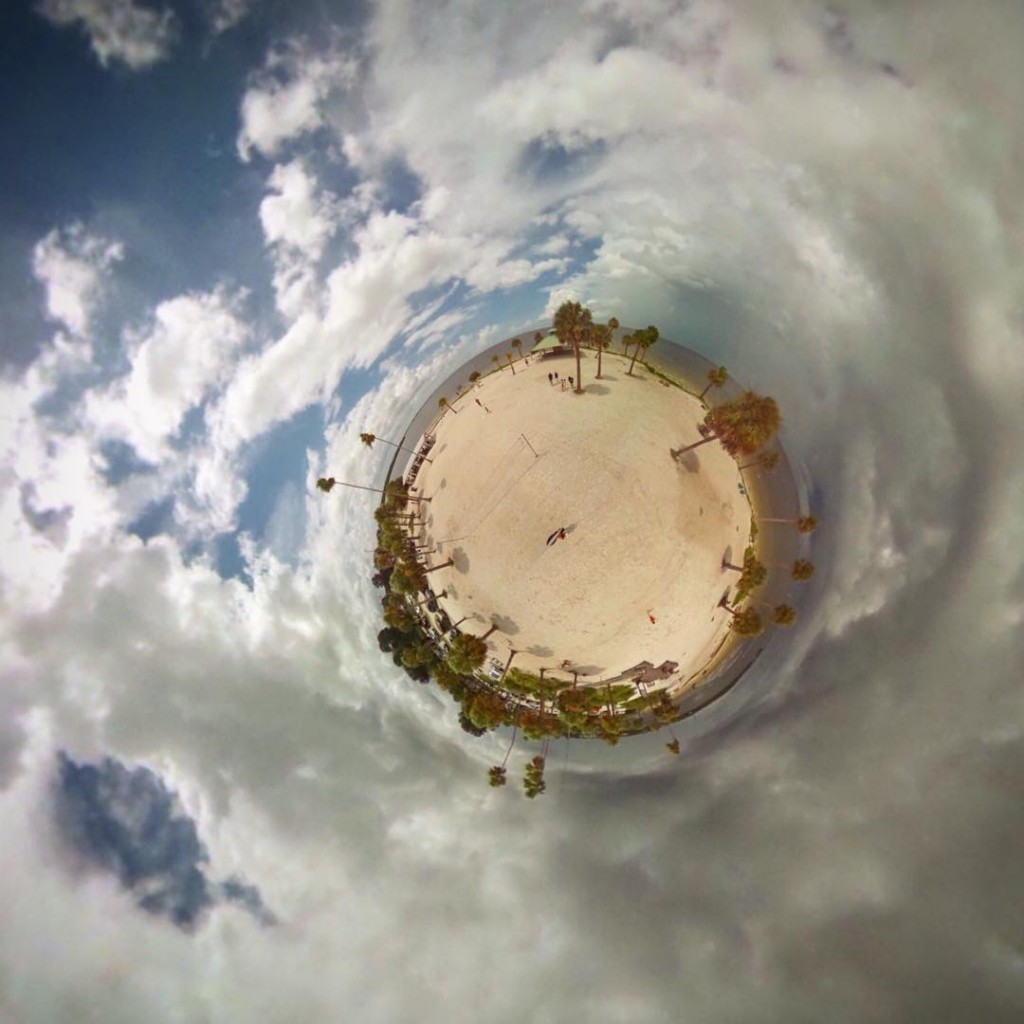For nearly 20 years Charles Robinson taught Kai Chi Do exercise classes in the community and in therapeutic settings. Those one hour workouts integrated movement, music, breath work, and meditation, and communities developed around them. People who practiced Kai Chi Do regularly found it transformative.
But Kai Chi Do was always more than a one hour workout. It is based on a philosophy we call the Art of Connection.
At the heart of Kai Chi Do is the belief that we are all One thing. We are all a part of the One thing that contains everything. We reach for and experience that Oneness by feeling Connection – to ourselves, to our Source, and to one another. You know when you’ve got it because the sense of separateness, the feeling of division between yourself and everything else, falls away. That feeling of Connection can last a moment or a lifetime. Connection – with Source, self, and others – is our definition of success.
This is the heart of our work. The feeling of Connection. Discover what it feels like to bring your life into harmony with it. Practice what you seek.

